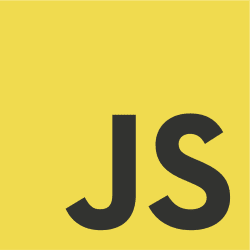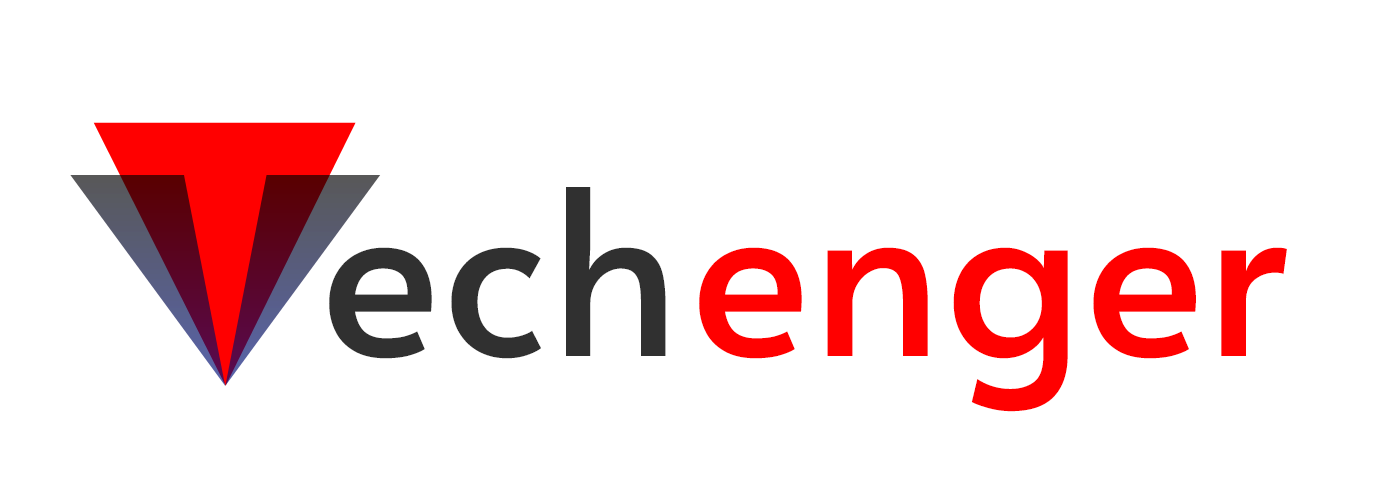Learning to code can be a daunting task, instead, it is not as difficult as it sounds. Access to information is practically unlimited: today there are a large number of resources both online and offline, as well as communities of developers and programming experts who share their knowledge.
However, when learning to program, choosing the right language is just as important as the learning process. We talked about how to learn to program. In this article you will find the 5 easiest programming languages to learn.
Before continuing, it is convenient to clarify what we mean by the word easy, since its meaning varies from one language to another, that is, what makes a programming language “easy” to learn changes from one to another? For example: some languages have an intuitive syntax; others, although they may be theoretically more complex, having a very active community can compensate for this difficulty. In addition, it is quite a subjective question, but we believe that the selection is interesting since it contemplates languages that do not have complicated syntax or require great previous knowledge to get started with them.
Table of Contents
JavaScript

JavaScript is the most used and most demanded language today, and it is integrated into many applications which were developed by game app developers. If you want to dedicate yourself to web development, learning JavaScript is essential since it runs natively in any browser, so you don’t need to compile it. You just need a notepad to get started.
It is a weakly typed language, which makes it easier to learn, but also easier for you to screw up. Its syntax is similar to that of other languages, such as C, C ++, Java or C #, so it also serves as a gateway to later continue studying more complex programming languages.
Note: Do not confuse JavaScript with Java. Our expert JavaScript tutor explains it to you in this basic but necessary post.
Applications
- Web development
- Backend development
- IoT applications
- Others
Pros
- Simple
- Multiple possible applications
- Multi-platform
- Is a standard
- Gateway to other technologies
Cons
- Weakly typed
- More difficult to detect bugs of a logical type
Java

Java is used in both web and desktop applications, on servers, etc. Not for nothing, its slogan was always “Write once, run everywhere” when this was not the norm as it is now. This class-based, object-oriented programming language always ranks high in popularity and job demand rankings.
Its immense popularity is reflected in that:
- Java has one of the largest and most active developer communities, so you will never feel alone.
- Especially large companies are always looking for people with Java knowledge.
- There are more than 15 billion devices running Java
Learning Java is more difficult than JavaScript because it has many data types and thousands of classes in its packages. But by fostering a strong foundation of analytical programming knowledge, Java is still a great, if slightly more difficult, programming language for beginners.
Applications
- Backend web development
- Desktop development
- Mobile development
Pros
- Popularity and demand
- Stable language
- Great support community
Cons
- Much less forgiving mistakes.
- You also have to learn the Java platform, with tens of thousands of classes, which can be challenging
- Requires greater capacity for analytical thinking.
Python

Python is a great easy programming language for beginners. Used in web and desktop applications, Python has greatly increased in popularity in recent years thanks to being the most widely used language in Machine Learning and Artificial Intelligence. This dynamic language supports object-oriented, procedural, and functional programming.
It is also an open-source language and, like Java, has a devoted community.
Thanks also to its flexibility and versatility, Python is a recommended language for beginners.
Applications
- Web applications
- Desktop applications.
- Machine Learning and Artificial Intelligence
Pros
- Simple syntax
- You advance quickly
- Great community
Cons
- It is not suitable for certain types of development, for example, for mobile applications
C #

C # is an amazing option for beginners. There is a very quick and easy way to test it: just download Visual Studio Community. C # can be used for a wide variety of purposes, from web development to console applications and thanks to the .NET platform you can create practically everything: desktop apps, servers, cloud, mobile…
The C # syntax is based on C ++ (and Java), so a priori it might seem like a complex language for beginners. However, Visual Studio’s autocomplete options, project auto-creation, and the ease of use of its development environment in general, are aspects that make this language a good choice for people new to programming. .
Applications
- Backend web applications
- Desktop applications
- Mobile apps
- Cloud Applications
Pros
- Widely used
- Visual Studio greatly smoothes learning and reduces glitches
- Easy to use IDE
Cons
- You also have to learn the .NET platform with tens of thousands of classes, which can be challenging
- Deployment in certain environments can be complex
Ruby on Rails

Ruby on Rails is easy to read as it is designed to resemble English, which is a great advantage for anyone with no programming experience. Ruby is a dynamic object-oriented language that is widely used in web development.
Learning Ruby on Rails (Ruby is the programming language and Rails is a web application framework that works with that language) is very, very easy since it is not necessary to learn hundreds or thousands of classes. And it also makes it much easier to link to data and other normally complex operations.
It is the language of choice for many startups since it can be said that it has no entry barriers.
Applications
- Web development
Pros
- Nearly flat learning curve
- Great speed of web application development, you see results fast
Cons
- It has fallen into disuse in recent years due to new options
- The community is smaller than that of other languages




